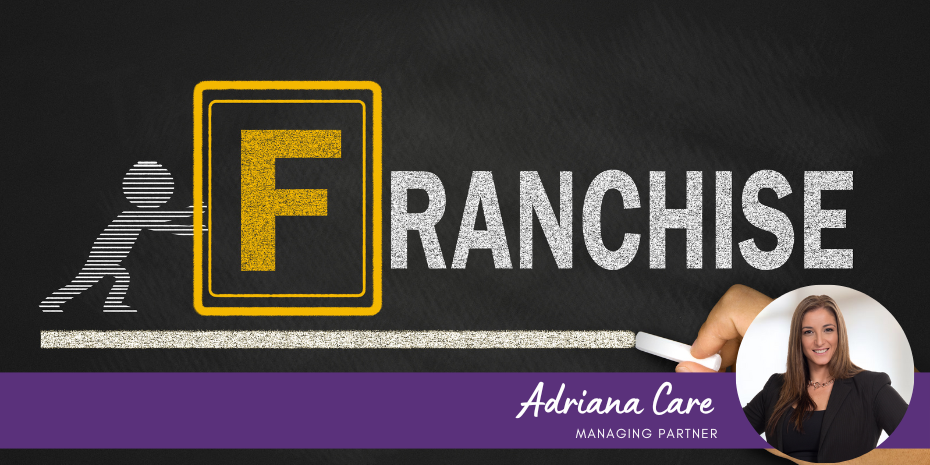If you are buying a business or starting a business, you will need to make a decision on the type of Business Structure you need. Firstly you need to know what the different Business Structures are and what suits your business.
Sole trader
A sole trader is the simplest business structure you can have. It is easy to set up and easy to wind up. Many favour this structure as there is less formal paperwork required than other structures and you generally have complete control over your business. One major risk is that you are personally liable for any debts or liabilities of your person and this is a limitless liability. This means there is no distinction between your business property and your personal property. It can also be harder to sell a business as a sole trader as potential purchaser’s may find it hard to see value in the business once you have gone (a reasonable conclusion!). If you start as a sole trader it is easy to change structures, which many do as their business expands.
Partnership
Once the hallmark of an accountants practice or a firm of lawyers, partnerships are less common than they used to be. However, partnerships still have their place in the modern business world. It still suits 2 or more people who want operate a business together and want a more flexible structure. As with sole trader, liability and responsibility for debts of the business (even if the business has a separate name) is shared equally by the partners…if one partner disappears the other can be left with all of the debts. Partners can split profits as income and offer partnerships to high performing employees. Whilst not compulsory, any partnership should have a written agreement clearly setting out how the partners want the business to operate and what they will do if a dispute arises.
Company
Commonly a company is a Pty Ltd (a proprietary limited) company. A company is responsible for its own obligations and debts. Shareholders are not responsible for company debts. Directors of a company are only liable for company in a limited circumstances. A company has higher set up costs then partnerships and sole traders and has ongoing obligations and reporting requirements with ASIC. Some information regarding the company, such as its directors, shareholders and registered office is publically available.
Trust
Trusts can often offer the highest level of asset protection for an individual in business. Trusts can also be flexible in how they distribute income to beneficiaries so there can be some tax advantages. Details of trusts are not generally publically available and so offer more privacy then a company. However, they can be expensive to set up and have ongoing reporting requirements (so your accountant will love it!). The complex structures of trusts can make it harder to use loans and financing arrangements
Which structure suits me?
As shown above each structure has positive aspects and negative aspects. Different models suit different types of businesses. An accountant is the best person to advise on which structure best suits your business and we can prepare the necessary documents to put those structures in the place.
For any further advice or legal assistance on this issue, please contact us at Coutts Lawyers & Conveyancers on 1300 268 887.



